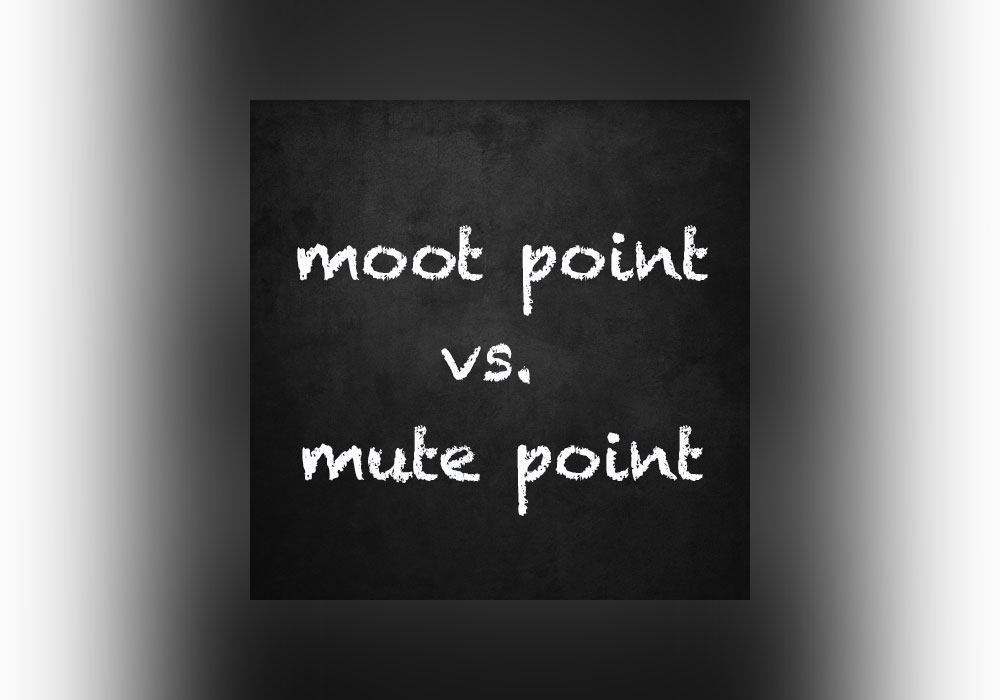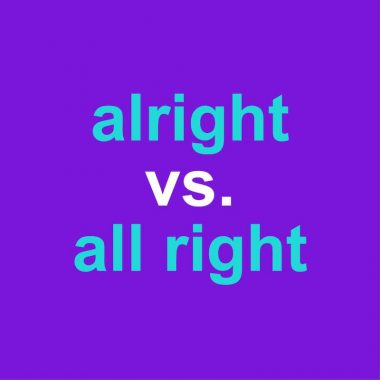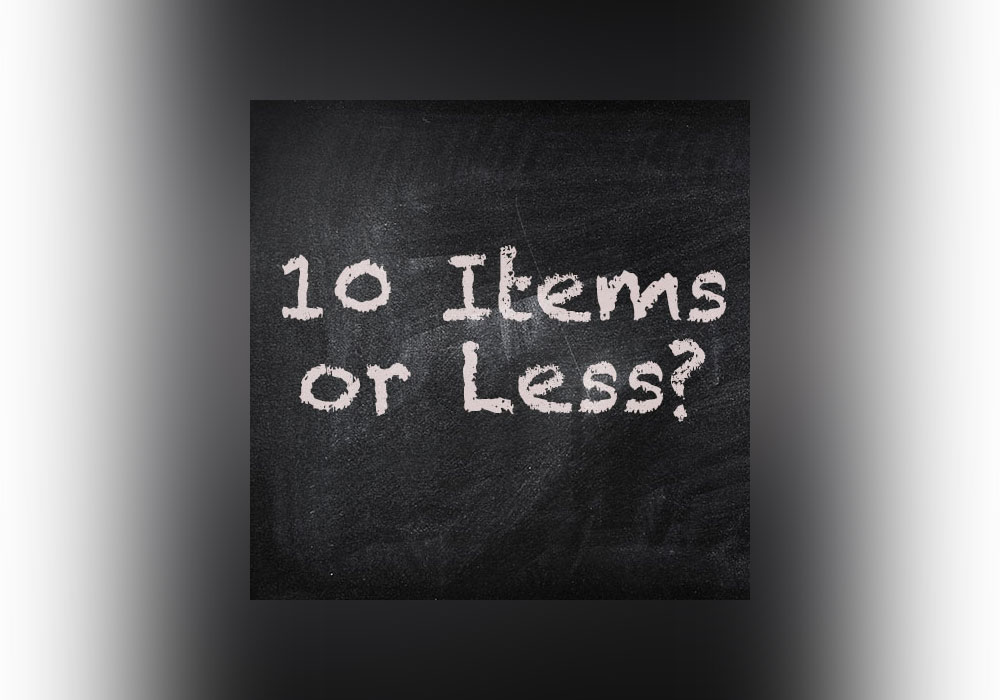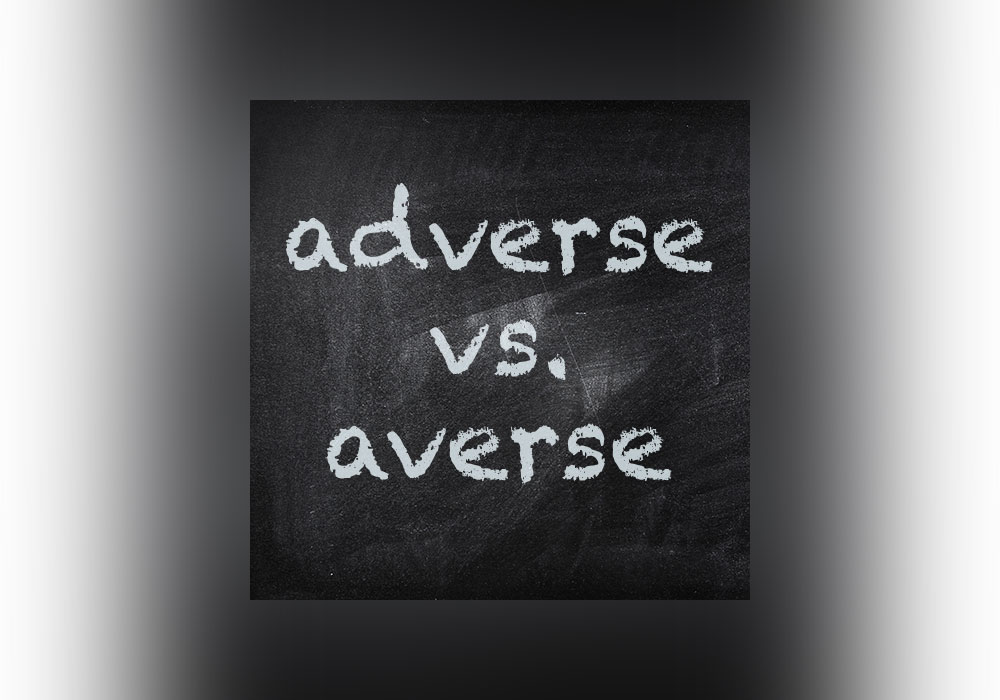Moot Point vs. Mute Point
You may have heard coworkers or acquaintances refer to an inconsequential or irrelevant point as a moot point, or maybe you’ve heard mute point instead. Fans of the TV show Friends may have heard a third variation: moo point (because, according to Joey, a cow’s opinion doesn’t matter). But which expression is correct, and what exactly does it mean? The correct phrase is moot point. …











